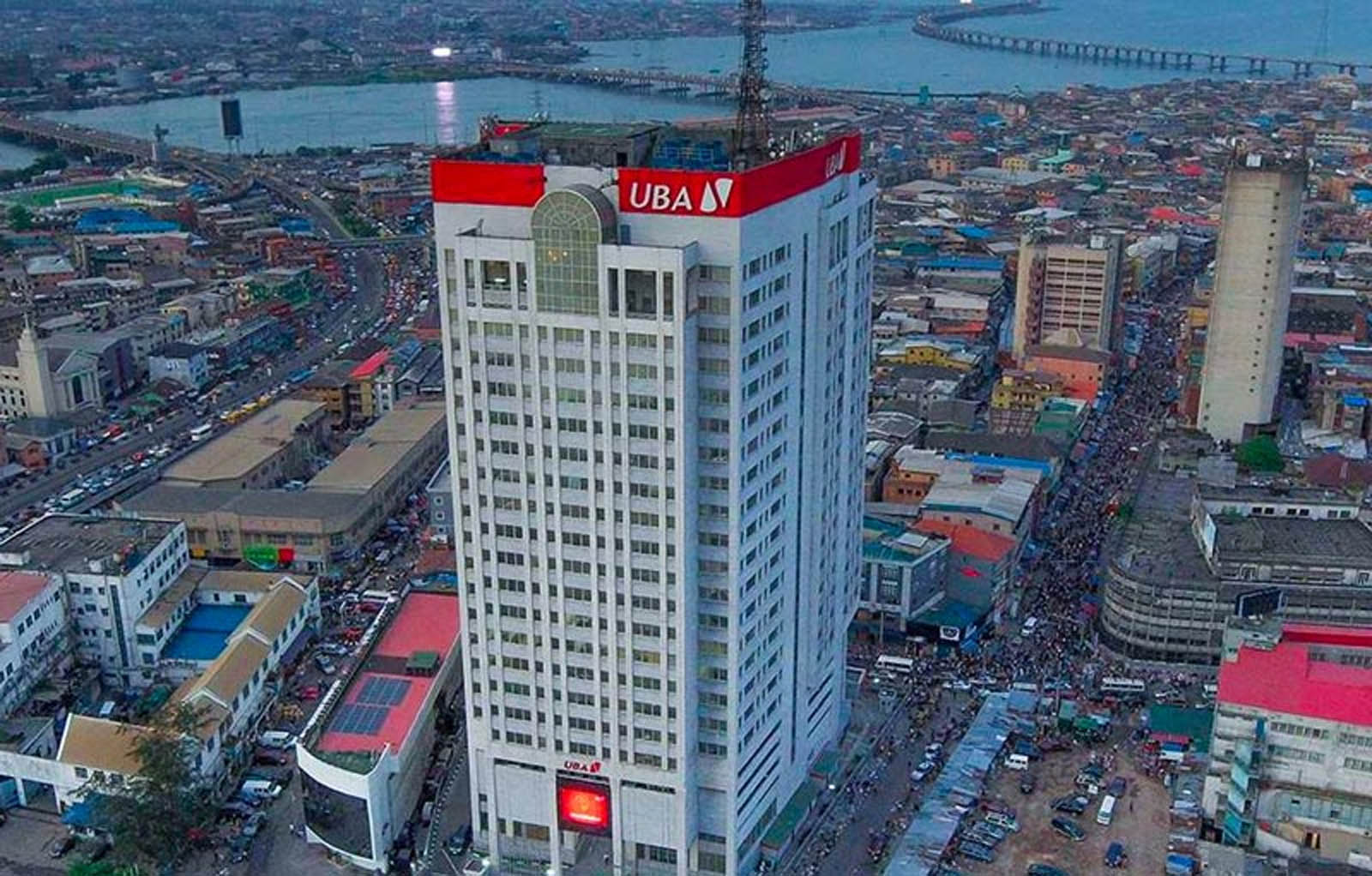Moody’s See UBA Leads Capital Gap Among Nigerian Banks, Stanbic IBTC with Lowest Shortfall

Nigeria’s banking sector is on the brink of significant consolidation as lenders scramble to meet stringent new capital requirements imposed by the central bank. The industry has been given a 24-month ultimatum to raise a minimum of N2.82 trillion ($2.6 billion) to comply with the latest regulations unveiled last week.
Thank you for reading this post, don’t forget to subscribe!
Moody’s Investors Service anticipates substantial consolidation within the sector, especially for banks unable to secure the necessary capital. The exclusion of retained earnings from qualifying capital could further complicate recapitalization efforts, the rating agency noted.
Under the new regulations, the Central Bank of Nigeria has raised the threshold for operating an international bank to N500 billion ($359 million) from N50 billion. Banks with operations solely within the country must now maintain a capital base of 200 billion naira, up from N25 billion. Additionally, banks are prohibited from using accumulated earnings or debt to meet the new capital requirements.
Among the 12 listed banks in Nigeria, only Ecobank Nigeria Ltd’s Nigerian subsidiary is exempt from raising additional capital. The remaining banks must either attract new investors or encourage existing shareholders to purchase fresh stock. United Bank for Africa plc faces the largest capital gap of N384 billion, while Stanbic IBTC has the smallest at N90 billion.
Despite requests for comment on their recapitalization strategies, some banks, including Access Holdings Plc and Zenith Bank, remained silent. The central bank has given lenders one month to submit their plans.
The enhanced capital requirements, according to Moody’s, are a positive development for the banking sector. Strengthened balance sheets will enable banks to expand their loan portfolios while absorbing potential credit losses.
This move echoes the central bank’s previous capital requirement hike in 2004, which triggered a wave of mergers, reducing the number of commercial lenders from 89 to 25. Analysts anticipate a similar outcome this time, with smaller banks considering mergers to meet the new capital demands.





